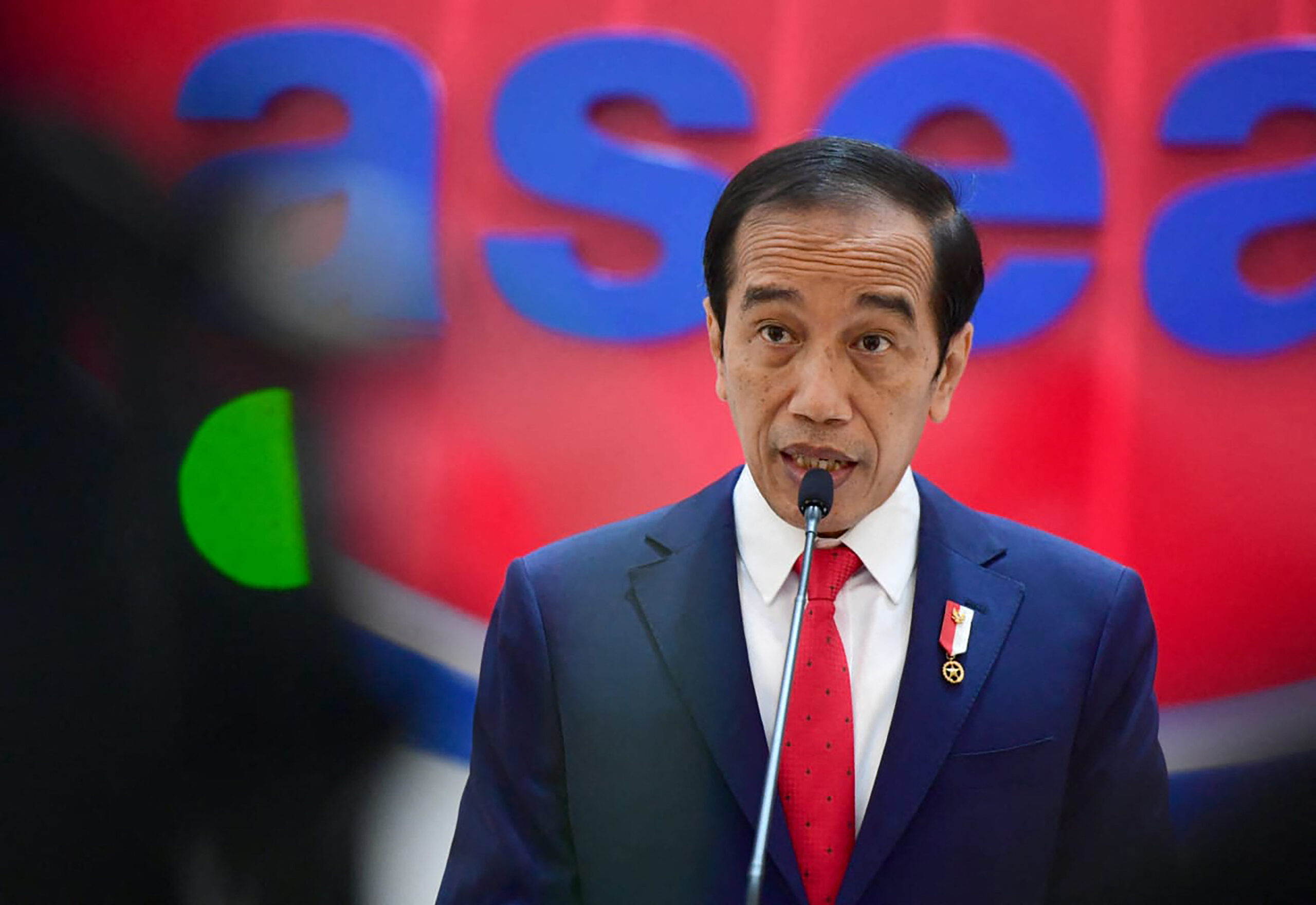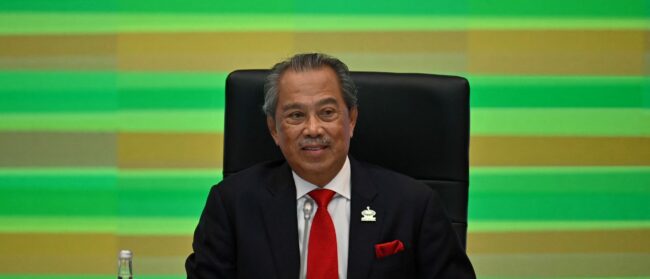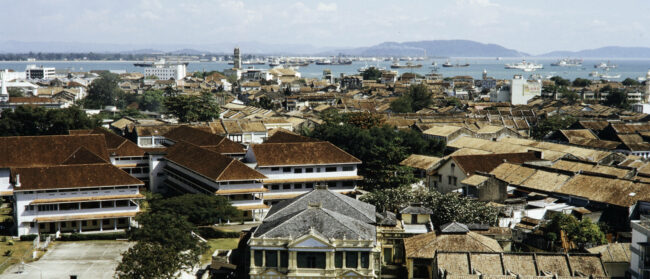In Indonesia, politicians seldom delve into the issue of economic reform in public.
Economic liberalisation is more often a topic raised by technocrats. Historically, market favourable policies tended to be supported within the bureaucracy by technocrats overseeing economic affairs and who also tended to lack political affiliation.
But Joko Widodo’s leadership has appeared as an anomaly in Indonesian politics. Since his first election victory seven years ago, Widodo (popularly known as Jokowi), neither from the old Indonesian political elite nor the head of a political party, has formulated ideas for economic structural change, ranging from infrastructure development to deregulation.
This seemingly outsider approach to politics generated excitement for a new kind of Indonesian president, one defined by a blend of entrepreneurial spirit and political pragmatism, as seen in President Jokowi’s well-known expression “work, work, work” (kerja, kerja, kerja). As a former entrepreneur, Jokowi has said his own experiences of how difficult it is to invest helps explain his “technocratic populism”. Technocratic professionals respect Jokowi’s ability to surmount bureaucratic obstacles and resolve issues related to business competitiveness. Furthermore, Jokowi has welcomed foreign investment, a topic that is somewhat taboo among Indonesia’s more nationalist politicians.
However, Jokowi’s opponents portray him as a “new Suharto”, Indonesia’s strongman president for 31 years, who puts economic development before political freedom or even public health. During the Covid-19 pandemic, the Indonesian government’s reluctance to carry out a total lockdown has been criticised by the public as authorities are considered to be more concerned with the economy over health.
As the Indonesian death toll continues to rise due to the spread of the novel coronavirus, this last point may come to play a key role in Jokowi’s legacy. Elected for the first time on July 9, 2014, exactly seven years ago today, the ‘outsider’ president is now almost halfway through his second and final term.
Though he has set his sights on achieving the foundation of a new national capital in Kalimantan – a goal decades in the making – Jokowi might ultimately be known as a business-first president who staked more on building infrastructure and deregulating the economy than fostering meaningful political development.
Easing business relations and connectivity between regions have consistently been intertwined political missions reflected in Jokowi’s policy priorities. As he entered his second term in 2019, one that will last until 2024 with the support of a super majority in parliament, Jokowi has moved quickly to fulfill these tasks.
Two ambitious and striking points in Jokowi’s second term agenda are to build the new capital city in Kalimantan and deregulate business restrictions. The latter has controversially been achieved with his omnibus bill in October 2020, leaving the former point remaining.
Jokowi has committed to infrastructural development as one of his primary missions, a mission regarded as an example of the post-Suharto concept of “new developmentalism”. The development of inter-city roads outside Indonesia’s most developed region Java, as well as ports and and international airports, have ranked highly among Jokowi’s goals.
But above all, his plan to move the capital city to the island of Borneo will be the apex of his ambitious infrastructure development project for Indonesia. As he nears the end of his administration, Jokowi will be staking his legacy on getting it done.
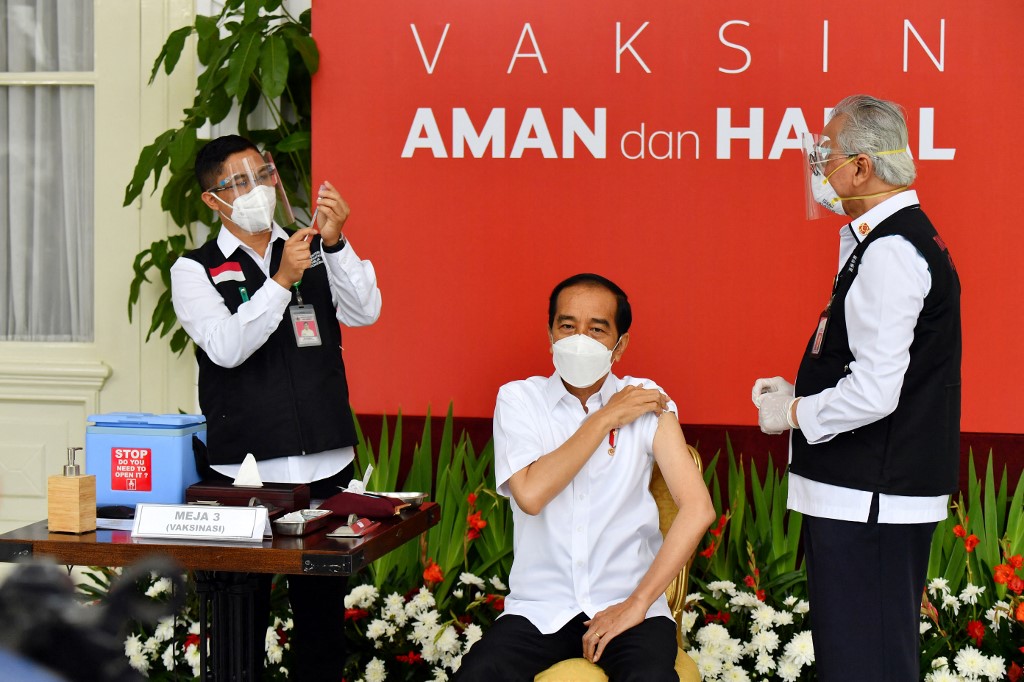
Indonesia’s failure to handle the pandemic has attracted international attention. Entering June 2021, Indonesia is being hit by a new wave, with daily figures reaching a record above 20 thousand positive cases. The total number of deaths due to Covid-19 has reached 60,000 people. Of these, 949 people are health workers, including 401 doctors. The bed occupancy rate in hospitals in Jakarta has exceeded 80%. The price of oxygen has soared with dwindling availability. The healthcare system is collapsing.
Failure to handle the pandemic will further reduce public confidence in Jokowi and his government. The low public trust will very likely be used by candidates who are eyeing 2024 to position themselves opposite Jokowi and the central government.
In the end, to achieve his grander economic plan to move the capital, Jokowi must first ensure that Indonesia can weather the current pandemic crisis.
In his 2019 state address to celebrate Indonesia’s 74th anniversary, the president asked permission from members of the House of Representatives and the general public to move the nation’s capital from Jakarta to Kalimantan on Indonesian Borneo.
The budget required to complete the entire project is estimated to reach 466 trillion rupiah ($32 billion). Since revealing the plan to the general public in April that year, the first stages of the capital move have been carried out by the central government, but the project as a whole is still in the planning stage. The government has repeatedly expressed a desire to complete the capital move no later than 2024 – before Jokowi steps down as president.
Logically, a project with such an immense value requires political momentum, and Jokowi is fully aware that he has the momentum. There are some crucial factors at play that are likely to be the reason that Jokowi will continue this project, despite public pressure to push back the move amidst the pandemic.
First is his track record of focusing on creating infrastructure to attract investors. Under the Jokowi administration, the government’s budget for infrastructure has continued to increase. In 2014 the infrastructure budget was recorded at 154.6 trillion rupiah ($10.6 billion), nearly tripling to 415 trillion rupiah ($28.5 billion) in 2019.
This regional infrastructure development was carried out in Jokowi’s first term, despite the burden it placed on the state budget and its low political favourability among voters, especially middle to low-income voters who tend to place higher value on shorter-term accomplishments. Of the 233 infrastructure projects prioritised in 2014, 81 of them had been completed by September of 2019 with an investment value of 390 trillion rupiah (26.8 billion).
These 81 projects included 12 airports, 13 toll roads, 14 dams, one port and six smelters. For professionals and technocrats, these accomplishments registered as a win, with Jokowi securing a reputation as a pro-growth leader.
The most compelling reason Jokowi is likely to power ahead with the capital is the centrality of the project in spurring post-pandemic growth in Indonesia, at least in the eyes of the president
Second is Jokowi’s substantial support among Indonesia’s politicians. Among the various things that Jokowi is preparing for is the passing of a law to serve as a legal umbrella for project development, as well as to provide funding for the project. Indeed, as of writing, the Draft Law on the National Capital City has been included in the 2021 National Legislation Program – the list of bills for one term of office of the House, highlighting priorities for each Budgetary Year.
Fortunately for Jokowi, he still holds majority power with a coalition that controls 60% of seats in parliament. However, while the composition of the parliamentary majority and a fat coalition is not necessarily a guarantee to passing unpopular policies, for Jokowi, his consolidation of elite politics has been strong.
The effectiveness of this political support was previously tested with the ratification of the first omnibus bill under the Job Creation Law, passed in the midst of a pandemic, affecting 79 laws and changing at least 1,244 articles. Given the wide range of issues raised, the Job Creation Law represents one of the largest political arenas for cross-issue bargaining in post-Suharto Indonesia.
Of all the clusters in the omnibus bill, the employment cluster is the most contested issue, as it tries to make the labour regulation more flexible, including deregulating the minimum wage. This spurred massive demonstrations late last year by trade unions, civil society groups, and students.
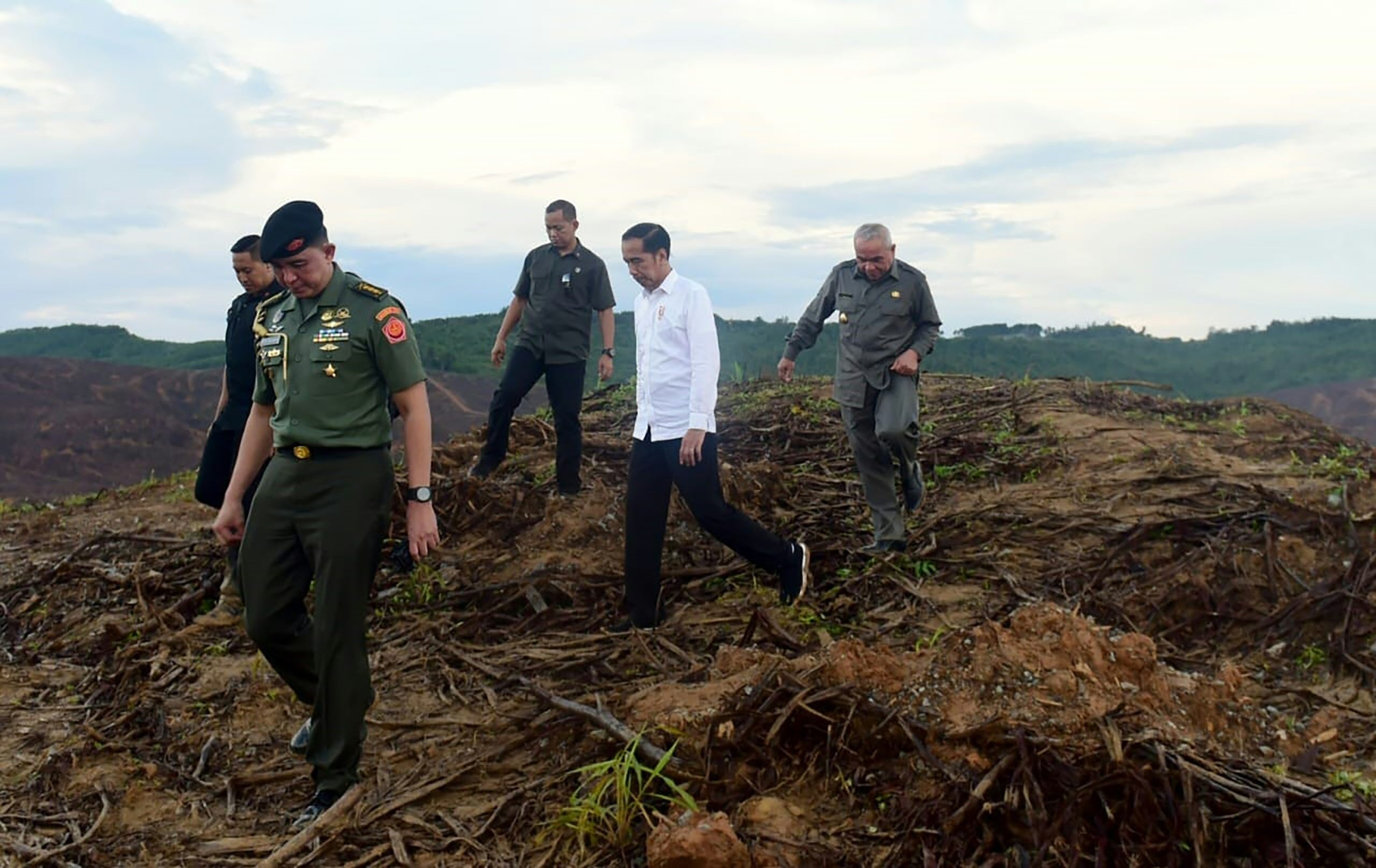
But the third and the most compelling reason Jokowi is likely to power ahead with the capital is the centrality of the project in spurring post-pandemic growth in Indonesia, at least in the eyes of the president.
The cost of the new capital will certainly invite a lot of criticism relating to the priorities of the state budget, particularly amidst the economic crisis caused by the Covid-19 pandemic. However, the opposite argument could also be raised. Massive infrastructure development is a route touted as boosting economic recovery post-crisis, one in which the private sector has experienced a significant weakening. This seems to be a path being taken in the US under President Joe Biden, who last month proposed a $6 trillion budget, investing in among other things infrastructure.
East Kalimantan was chosen as the location for the new capital with the hope of being able to promote economic equality in the eastern part of Indonesia. This hope does have some basis, as Jokowi is betting that building a new capital city in Kalimantan will naturally invite investment and create job opportunities around a core of government workers and state officials.
Data from KPPOD, a non-governmental organisation focused on regional autonomy, finds that economic activity is currently centred on the more-populous regions of western Indonesia, with little competitiveness found in the east. This might suggest that planting a new city of national importance could help balance things out.
However, the KPPOD’s analysis also reveals that much of Indonesia’s weak regional competitiveness is driven by poor-quality or corrupt public officials, a condition that points to deeper issues of governance rather than just simple connectivity.
Reforming the bureaucracy that has endured for decades certainly requires a long process, while infrastructure development can be carried out relatively quickly as long as there is a priority for budget allocation from the government. Jokowi is aware of this, and has chosen to play his role in prioritising infrastructure over bureaucratic reform.
So though Jokowi was the president who started it in earnest, and wishes to finish it, constructing a new capital city is a long-term project. The inter-presidential programme’s continuity is crucial so that this mega project does not become a disaster of state losses.
So even if he can’t secure his legacy of a capital move within his second and final term, Jokowi and the parties involved in this project have plenty of incentives to make sure the next president carries this project on.
Edbert Gani Suryahudaya is a researcher in the Department of Politics and Social Change at the Centre for Strategic and International Studies.
